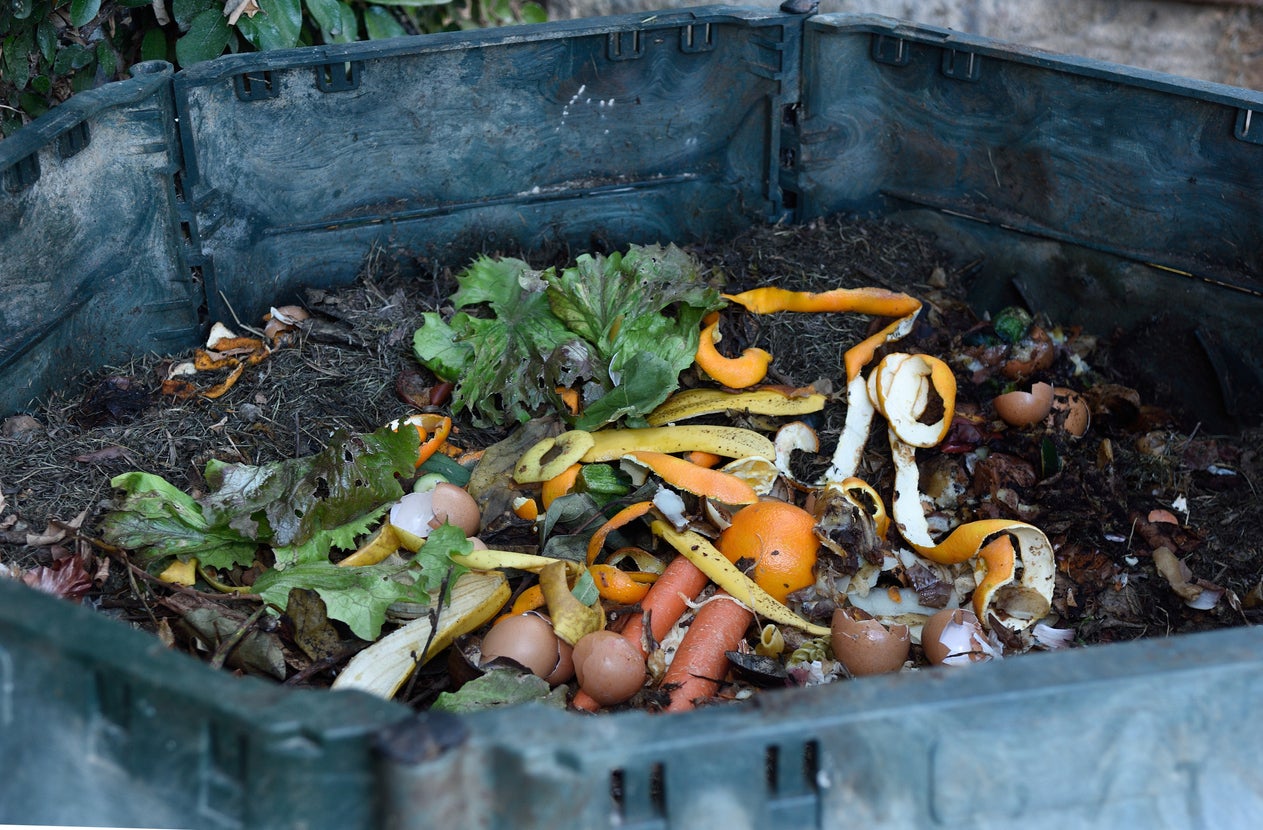
Sign up for the Gardening Know How newsletter today and receive a free copy of our e-book "How to Grow Delicious Tomatoes".
You are now subscribed
Your newsletter sign-up was successful
More and more people are composting, but if you’re one of those, the time it takes for waste products to turn into gorgeous, usable compost may seem like an eternity. That’s where drunken composting comes into play. What is drunken composting? Yes, it has to do with beer – composting with beer, soda and ammonia to be exact. Read on to learn how to make your own drunken compost accelerator.
What is Drunken Composting?
Getting a compost pile hot and combining it with the correct ingredients can be a time-consuming task. Using a homemade compost accelerator speeds up the process, but does fast composting work? Drunken compost has nothing to do with becoming intoxicated but refers to accelerating the decaying process by introducing beer, soda (or sugar) and ammonia.
Fast composting with beer, soda and ammonia actually does work. Compost will be ready in a scant few weeks as opposed to months.
How to Make Drunken Compost
Start with a clean bucket. In the bucket, pour one tall can of any variety of beer. Add to that 8 ounces (250 ml.) of ammonia and either 12 ounces (355 ml.) of regular soda (not diet) or 3 tablespoons of sugar (38 grams) that has been combined with 12 ounces (355 ml.) of water.
Pour the contents into a sprayer attached to a hose and then spray onto the compost pile, or add 2 gallons (8 liters) of warm water to the homemade compost accelerator and then pour onto the pile. Mix the compost accelerator into the pile with a garden fork or shovel.
Provided that you begin with a good ratio of 1:3 of greens to browns (nitrogen to carbon), adding a homemade compost accelerator will render the compost usable in about 12-14 days.
If you are composting hot or high nitrogen matter, such as chicken manure, the pile will take a bit longer to break down due to the rich nitrogen content, but it will still speed up the process. Also, if you are composting chicken manure, skip the ammonia in the ingredients for your homemade compost accelerator.
Sign up for the Gardening Know How newsletter today and receive a free copy of our e-book "How to Grow Delicious Tomatoes".

Amy Grant has been gardening for 30 years and writing for 15. A professional chef and caterer, Amy's area of expertise is culinary gardening.
